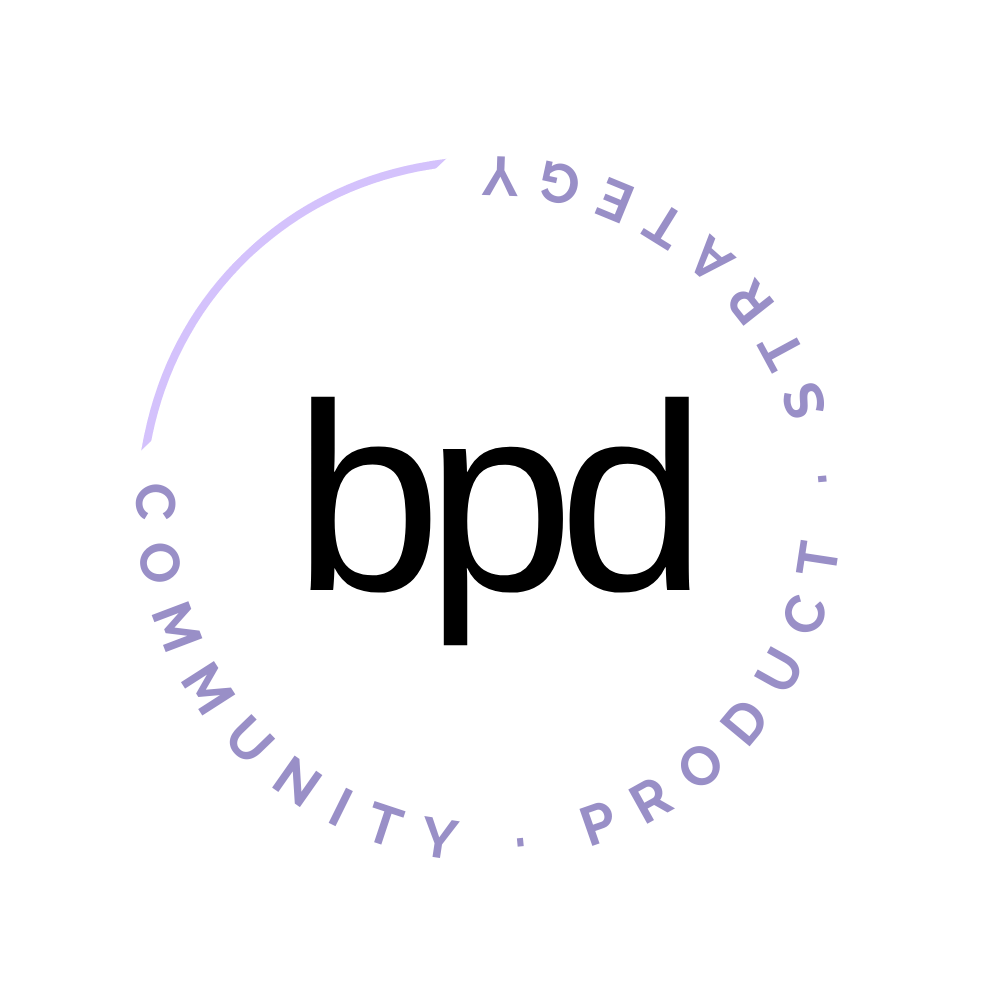#49 Setting Community Expectations
In every single membership audit I've done I've critiqued that they need to do a better job setting expectations.
One of the main things I learned leading projects at agencies is that communication is the #1 thing that will make or break a project – between the team AND the client.
Projecting past your original timeline? Better share that info ASAP.
When building a community or membership, this is no different.
My audit clients often ask me "how do I increase engagement?" Or “how do I get people to participate in my prompts in the community / events?”
The answer is usually that you need to communicate your expectations.
Let's get into it –
If you don’t set an expectation how can you expect someone to meet it?
If you've ever managed someone before then you've probably had this realization when something didn't end up like you expected.
Your members aren’t mind readers and the only person that knows how you anticipate people will behave is you…
If people in your community, membership, or course products aren't behaving like you expect them to, set better expectations.
When we create something we have an idea of how people will use it but the reality is often a different story.
When building software, UX designers will test many design iterations of a page to see how customers interact with the software. You may think a button is obvious but if you show it to 5 people and they don't realize to click, your assumption was wrong.
It’s like social media — it’s never the post you think will pop-off that does. Thank you, 'girl math' for my top reel of 2023... 🙄
So where do you actually set these expectations?
EVERYWHERE. ALL THE TIME.
Sales page - this is how we connect in this community and these are our values.
Onboarding sequence - this is how to get started, this is what to do next, and this is what to do after that.
During events - continuously remind people how they should interact and participate.
Within content - create a video in your introduction series to your curriculum telling them what pace to go and how to actually take the course.
Leave no stone unturned. Assume nothing.
Don't forget to share expectations as to when your members will hear directly from YOU versus your team.
Recently I wrote an article about being careful not to build a fan club. Oftentimes, when people join a community they come in as a fan of YOU, and so their expectations may differ from the reality regarding how you participate as the community leader.
As a community leader, it's crucial to establish clear boundaries and communicate them to your community. Let them know how and when you'll be available, what kind of support you can provide, and what your limitations are. This helps prevent misunderstandings and ensures that you maintain a healthy work-life balance.
The best way to figure out what expectations to set is to try and imagine every single question you could get.
Here are some thought starters:
How should I contribute here?
How many events should I attend?
How often can I post in the forum?
How fast should I go through the content?
What do I do when I feel stuck or need help?
Am I allowed to DM anyone in the community?
When can I expect a follow up from my onboarding call?
Am I allowed to answer questions in the help & feedback area?
There will be people that don't need all this spelled out ... they're already on your wavelength of what you expect.
But the majority need the details. It's not because they're not as smart, it's just a different personality type or your community environment is a completely new concept to them.
There will also be people that go against the grain, and you have to determine which expectations are "rules" you have to uphold and which don't matter.
For example, if someone goes through the entire curriculum in one week instead of pacing it out over 8 weeks like you suggest, no problem.
But if someone is spamming other members in DMs, that's a rule you should address their breaking.
One thing you can expect? Your expectations will evolve.
Be patient and flexible. Expectations may need to be adjusted along the way. As your community evolves, so might their needs and wants. Stay open to feedback and be willing to adapt your approach as necessary. It's all part of the learning journey.
Create a solid foundation of trust and understanding with your community:
Communicate openly
Set clear guidelines
Manage your own boundaries
Foster a culture of feedback
Be adaptable
And with that, the opportunities for growth and your ability to build a thriving community are endless.
If you’re not already subscribed to the free newsletter, get the weekly article, resources, and behind the scenes of building my business by subscribing here.
